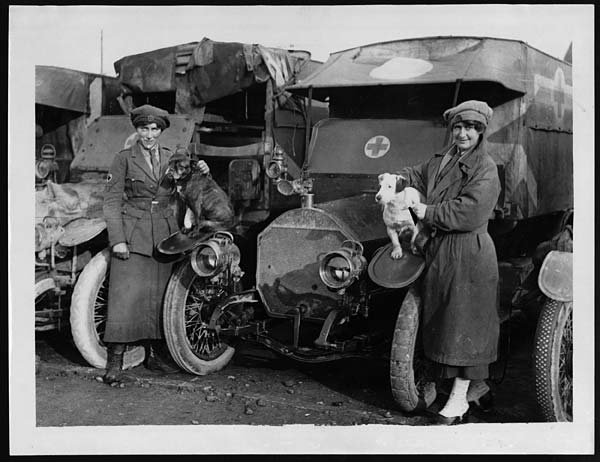A guest post from cast member Tom who has some thoughts ahead of the opening night of A Gallant Life next week. Unlike the rest of the company who have a variety of qualifications, predominantly in history, English and theatre, he has a degree in philosophy (although we try not to hold it against him). You might be able to tell…
The Oxford Dictionary offers two definitions of ‘gallantry’; the first is “courageous behaviour, especially in battle”. Given the historical and contemporary tendency for men to outnumber women in the military, this gallantry of medals and machismo leaves little room for anything but the masculine. The second definition is “polite attention or respect given by men to women”, explicitly reinforcing the quiet presumption that gallantry and its rewards lie firmly within the domain of men.
Not until the 1st of January 2014 did women eclipse men in the number of state honours bestowed by the Crown, an impressive 61% of the roster. But just ten years prior, 34% of recipients were female, 28% in 1994, and only 17% in 1974. This trend for underreporting the contributions of women to the sustaining of societies and the expansion of empires runs right through to the birth of western literature; as Mary Beard notes in her book ‘Women and Power’, the primary introduction of the Odyssey’s female lead, that of the protagonist’s wife Penelope, is one of silencing and implied powerlessness; and it is her own son who wields the malignant self-righteousness to which men have been accustomed against her – “speech will be the business of men, all men, and of me most of all…for mine is the power in this household”. Whilst it may not be surprising that women in the 12th century BCE were being unjustly treated, this tale is one of the foundational texts in European culture. It may be possible to extricate the misogynistic mores of history from our present state. But such associations do not die quietly, or without cost, and for many who enjoy positions of influence and privilege, they see no incentive to do so.
Where do Muriel Thompson, and all the women engulfed in the Great War who were not permitted to see battle by an establishment saturated in the bitter syrup of patriarchy, fit into this? A Gallant Life is a small window onto a planet at war with itself, throwing light on the lives of a few who were willing to risk everything. Not to destroy their enemy, but to rescue as many as could be saved from the maelstrom soon to be known as ‘The War to End All Wars’. These women did so even as their efforts were ignored or abhorred by the very sovereign powers intent on delivering humanity into suffering never before seen. Muriel herself was a pioneer not just on the battlefield, but on the racetrack, as one of the foremost drivers of her day (an activity condemned by some as dangerously unfeminine, as it is in some countries to this day). While it is true that they were eventually honoured in their own time, their story has largely been forgotten from the history books they helped to write. We hope with our production at the Edinburgh Fringe Festival 2018, that we may change that, and keep the spirit of the women of the war, alive in the 21st century.
